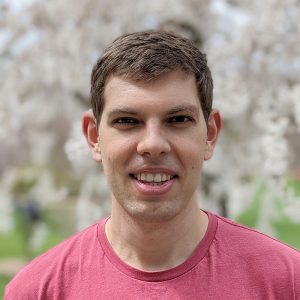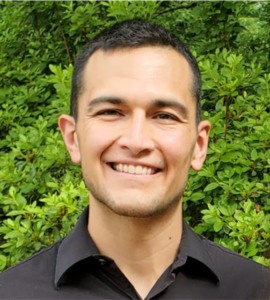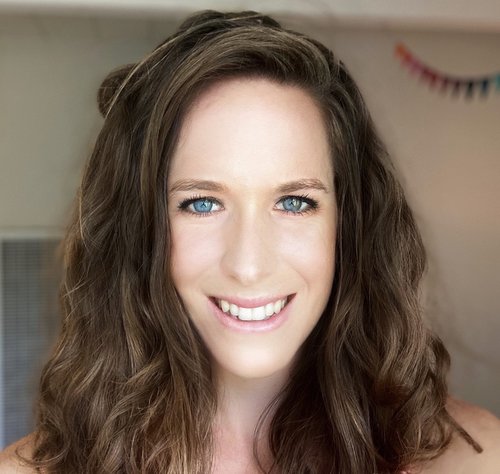
- This event has passed.
Summer of AI, Part 2 | Carolina Data Science Now
June 22, 2023 @ 12:00 pm - 1:00 pm EDT
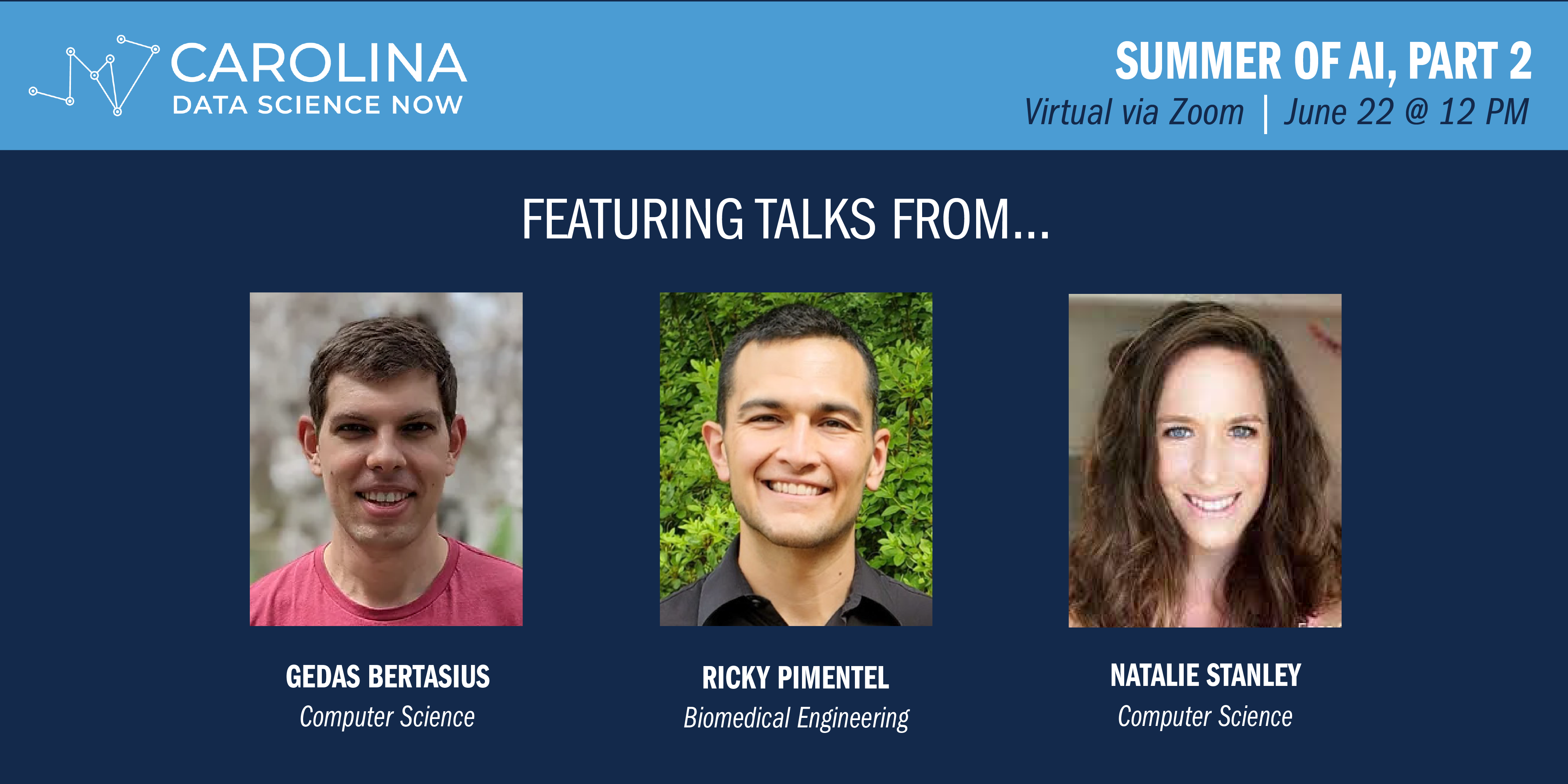
We invite you to join us for our next Carolina Data Science Now seminar on June 22 at 12 PM ET. This month’s event will feature three lightning talks by professors and researchers in UNC-Chapel Hill’s academic community, centered around the study, use, and applications of artificial intelligence in the fields of computer science, biomedical engineering, and computational medicine. These talks will be followed by a guided panel, an opportunity for questions and answers with the speakers, and a discussion with the data science community at UNC-Chapel Hill.
Register Here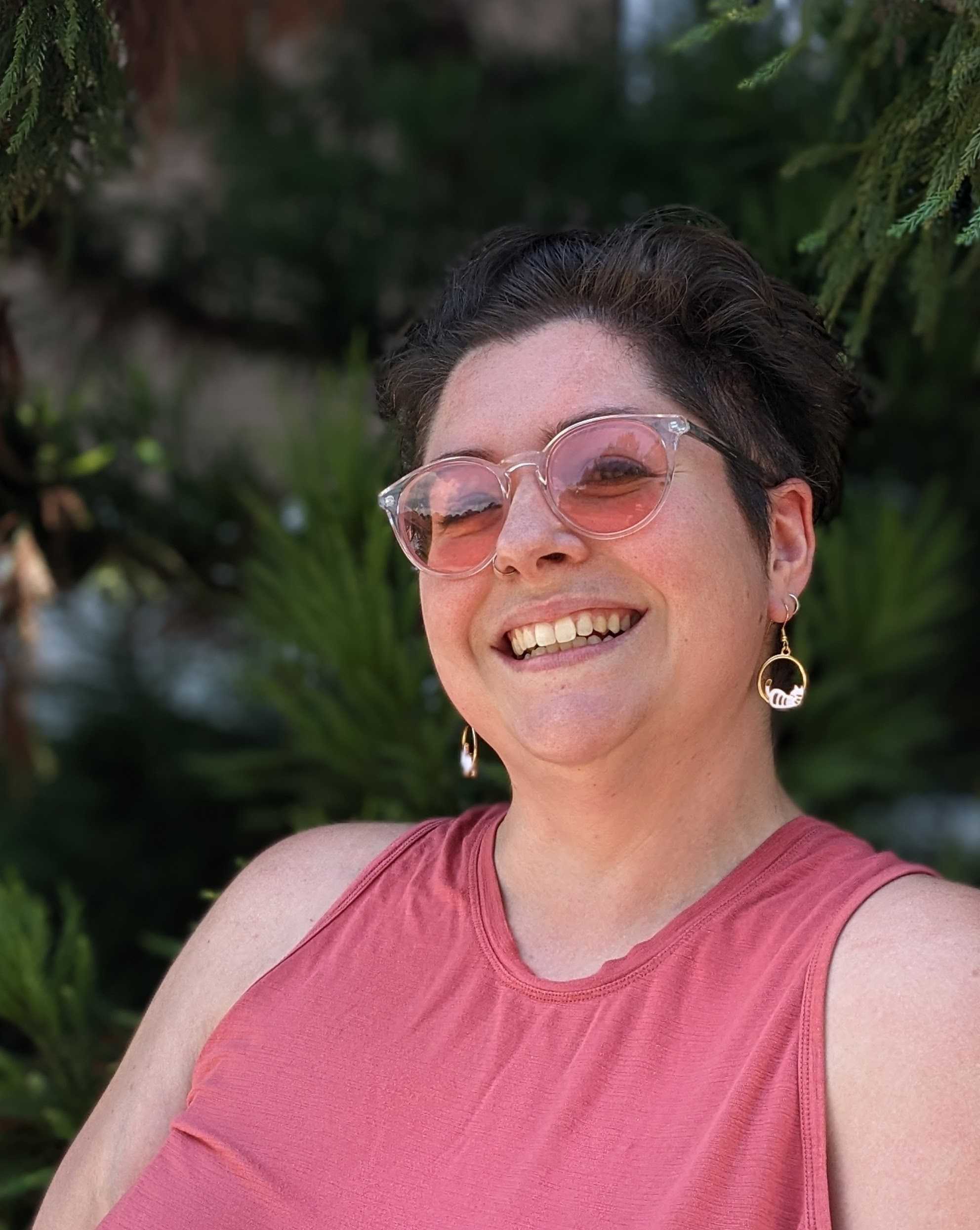
Meet the Moderator
Hannah Hawkins
Research Product Manager, Renaissance Computing Institute (RENCI)
Hannah Hawkins is a Research Product Manager with RENCI’s Software Architecture Group and is the product owner for HeLx, EduHeLx, and Dug. Her background in Library and Information Studies has led to a cross-disciplinary career path exploring the intersection of people and resources, including program and operations development with nonprofit organizations, documentation and knowledge base creation and management for user communities, and transitioning multi-disciplinary teams into adopting agile/scrum processes. Her recent work has focused on employing human centered design techniques to the product development work she leads at RENCI, as well as developing new models of productization and UI/UX interactions to better support academic institutions in their development of tools and applications for scientific communities.
Speakers:
Our speakers for this month are as follows:
-
Gedas Bertasius
Assistant Professor, Department of Computer Science
Dr. Gedas Bertasius is an assistant professor in the Department of Computer Science at the University of North Carolina at Chapel Hill. His current research focuses on topics of video understanding, first-person vision, and multi-modal deep learning. Prior to joining UNC, he was a postdoctoral researcher at Facebook AI. Before that, he received his bachelor’s degree in computer science from Dartmouth College and a doctorate in computer science from the University of Pennsylvania. His work was nominated for the CVPR 2020 best paper award.
-
Ricky Pimentel
2023 Ph.D. Recipient, Joint Department of Biomedical Engineering at UNC-Chapel Hill and NC State University
Dr. Ricky Pimentel researches with the Applied Biomechanics Laboratory at UNC-CH, using musculoskeletal models and machine learning to investigate changes in muscle and tendon function during walking. He hopes that this research can help people age gracefully and remove barriers to participating in physical activity throughout their lifespan, with the goal of enabling people to be active and enjoy it. Participating in physical activity is one of the best ways to maintain physical and mental health. Dr. Pimentel focuses on walking and bicycling, which combine physical activity with efficient and sustainable methods of transportation. By promoting human-powered locomotion, he hopes that we will see more people walking and cycling. This would not only transform our communities with happier and healthier citizens, but could also reduce pollution, attenuate carbon emissions, and alleviate congestion, further impacting population health in our urban areas.
-
Natalie Stanley
Assistant Professor, Department of Computer Science and Computational Medicine Program
Dr. Natalie Stanley is an Assistant Professor in the Department of Computer Science and Computational Medicine Program at the University of North Carolina at Chapel Hill. Her research is broadly focused on single-cell bioinformatics, computational and systems immunology, and developing algorithms for representing and understanding graph-based data. As a postdoc, she particularly focused on how to relate single-cell mass cytometry data to external variables of interest (such as clinical outcome). This is a challenging problem, given the heterogenity and diverse amount of information contained across the hundreds of millions of cells collected in an individual single-cell experiment.
She completed training as a postdoc in computational and systems immunology at Stanford with Nima Aghaeepour from 2018 to 2020. Prior to joining Stanford, she finished a doctorate in 2018 with Peter Mucha, where her research focused on graph partitioning.
Click below to register for the session now.
Register Here
You can also sign up for our newsletter for more updates about Carolina Data Science Now and other data science opportunities.
